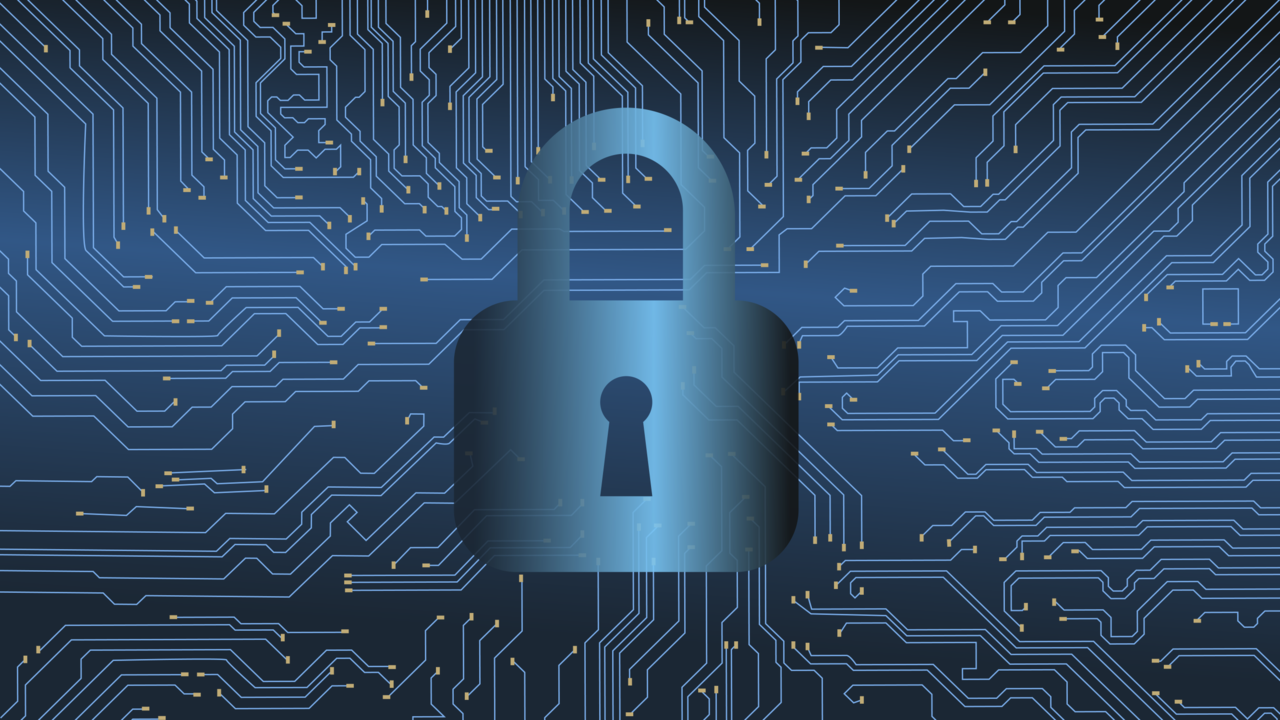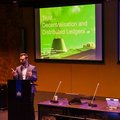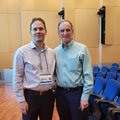Cybersecurity
at the Faculty of Electrical Engineering, Mathematics, and Computer Science

The Cybersecurity group conducts research into various topics, ranging from cryptography to data analytics, and focuses on improving cybersecurity. We aim to make – in particular the digital – world safer by furthering state-of-the-art computer science theories, algorithms, and implementations.
Research area
In privacy, we develop advanced methods for homomorphic encryption and multi-party computing with application in data sharing and blockchain. In hardware, we use machine learning to develop new attack mechanisms for side-channel analysis, and evolutionary algorithms to create improved hardware designs. In networking, we build crawlers and fuzzers to collect big data sets that give us an overview of the latest security threats. In software, we develop new algorithms for automated reverse engineering or analysis of applications.
We develop solutions that contribute to the very latest technology in the fields of computer security and artificial intelligence (AI). Examples include the development of learning algorithms that can handle large network data flows, deep learning methods that are immune to common side-channel defenses, machine learning algorithms that can operate on encrypted data, and analysis of the latest security threats. We aim to publish our results in scientific journal and conferences of A and A* quality, and to transfer our scientific know-how and technologies to students, and our public and private partners in the field of cybersecurity.
Education
We are responsible for cybersecurity education at B.Sc. and M.Sc. level in the computer science program. Since 2013, a specialization program on cybersecurity exists within the master program in Computer Science. We closely collaborate in teaching, student supervision and research with other groups within Computer Science (such as Software Engineering, Distributed Systems, and Delft Blockchain lab), and in particular with our colleagues in the Cybersecurity group at the Faculty of Technology, Policy and Management through the Computer Science special program Cybersecurity, and the Executive Master program Cybersecurity.
Collaborations with external organizations are essential for education and research in cybersecurity. The cybersecurity group has an extensive network of public and private partnerships, which in many cases provide us with use cases, cybersecurity data, and financial support. Our research and education can therefore be characterized as being use-inspired and fundamental, ranging from developing new security and AI algorithms to engaging with real use cases of our partners.
Research activities
The research activities are organized around our faculty members.





